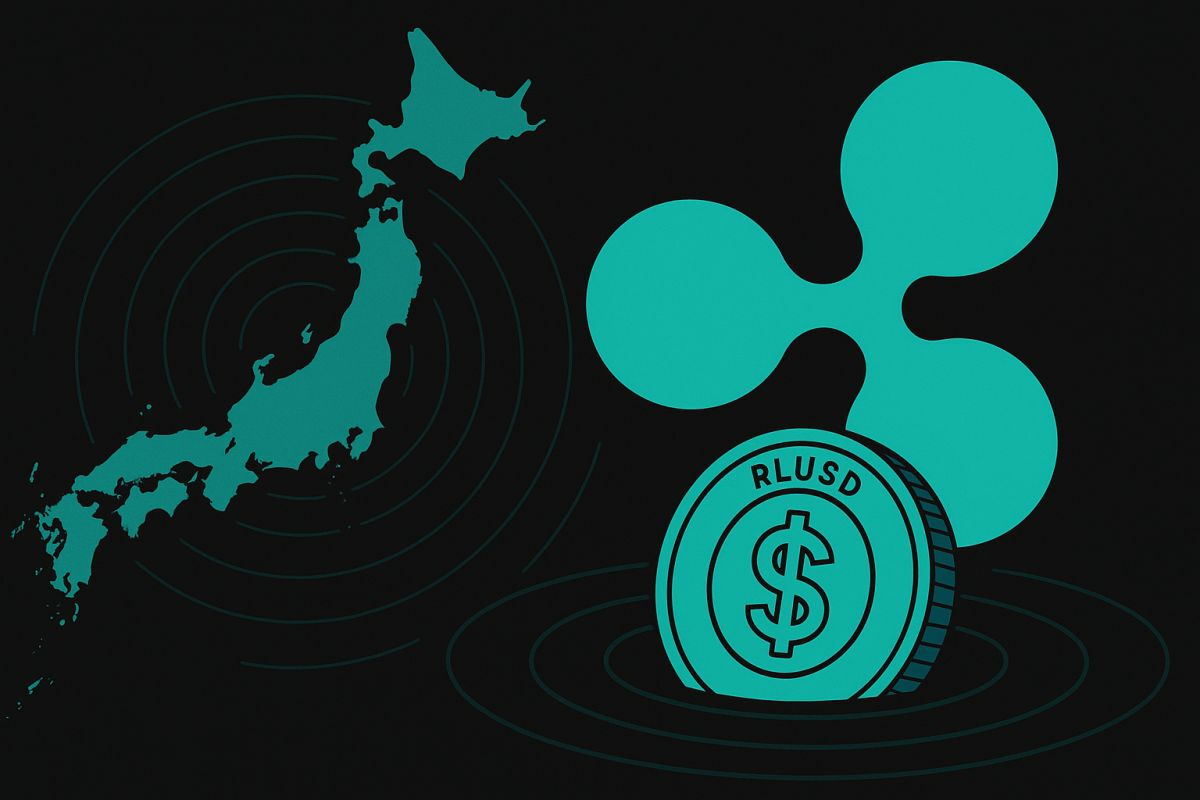Ethereum News Update: Security Concerns Arise for Ethereum's Layer 2 Solutions While Solana Attracts Increased Institutional Interest
- Solana co-founder Anatoly Yakovenko criticized Ethereum L2s for lacking mainnet-level security, sparking debates over centralization risks and technical vulnerabilities in scaling solutions. - Fidelity added Solana to its platforms, reflecting growing institutional adoption, while Ethereum's L2 expansion faces scrutiny over liquidity fragmentation and L1 staker revenue dilution. - Market sentiment diverges: Ethereum sees whale accumulation, while Solana whales distribute large holdings, signaling contras
Solana co-founder Anatoly Yakovenko has openly questioned the widespread belief that Ethereum's layer-2 (L2) scaling solutions truly benefit from the security of the
Yakovenko's main criticism focuses on the technical shortcomings of Ethereum's L2s, which he believes introduce weaknesses that could put users' assets at risk. "Saying that layer-2s inherit ETH security is incorrect," he asserted, pointing out that L2s like Base and

The ongoing discussion about the security and usefulness of L2s comes as Solana sees increasing institutional interest. Fidelity Digital Assets has recently broadened its crypto services to include Solana (SOL), making it available to both retail and institutional users, with Fidelity reportedly having
At the same time, market trends reveal differing attitudes among investors toward Ethereum and Solana. Ethereum experienced a $32 million accumulation by a large holder on OKX, while Solana's major holders have been distributing their assets, as
Solana's network is also rapidly advancing in treasury management and staking infrastructure. The Solana Company (NASDAQ: HSDT) has teamed up with Helius and Anchorage Digital to enhance its staking services, aiming to establish SOL as a yield-bearing asset with a 7% native staking return, as
The convergence of Solana's expansion and the debate over Ethereum's L2s brings important questions about the future of blockchain scalability and security to the forefront. As Yakovenko and others advocate for alternatives to Ethereum's fragmented L2 environment, both ecosystems are likely to continue facing tests around decentralization, security, and economic incentives.
Disclaimer: The content of this article solely reflects the author's opinion and does not represent the platform in any capacity. This article is not intended to serve as a reference for making investment decisions.
You may also like
Ripple USD Gains Traction Among Global NGOs for Real-Time Humanitarian Aid

From $0.20 to $110,000: Bitcoin’s 17-Year Journey Since the Whitepaper
Saylor says Strategy unlikely to buy up rivals, as there’s too much uncertainty

